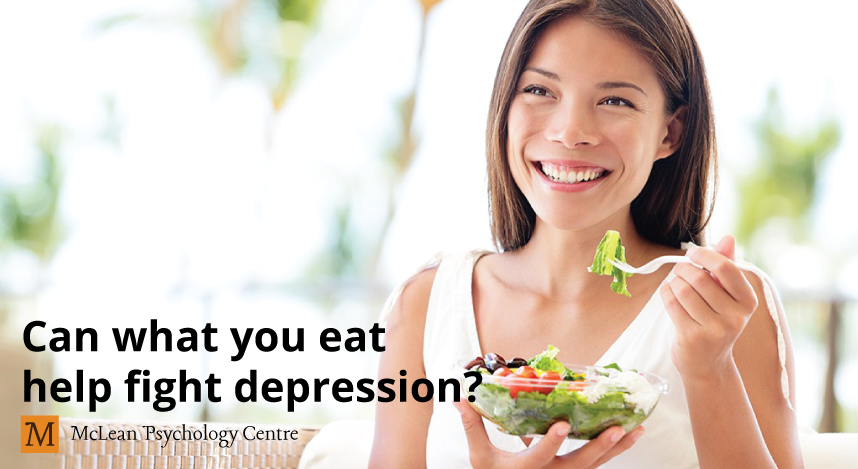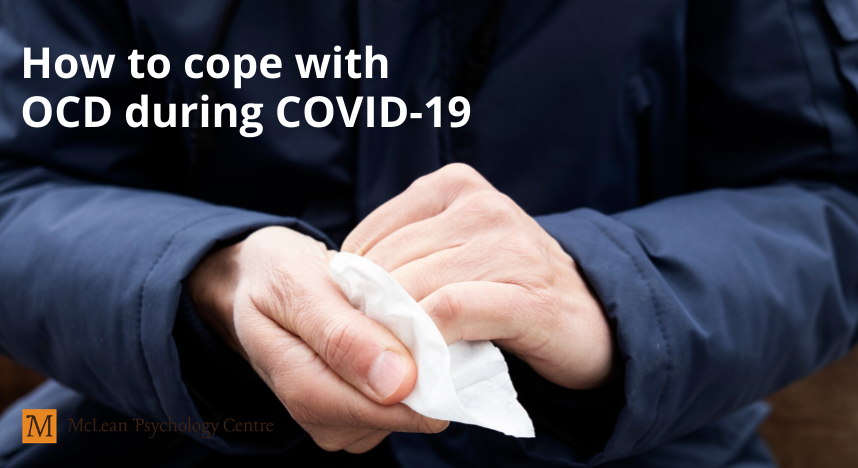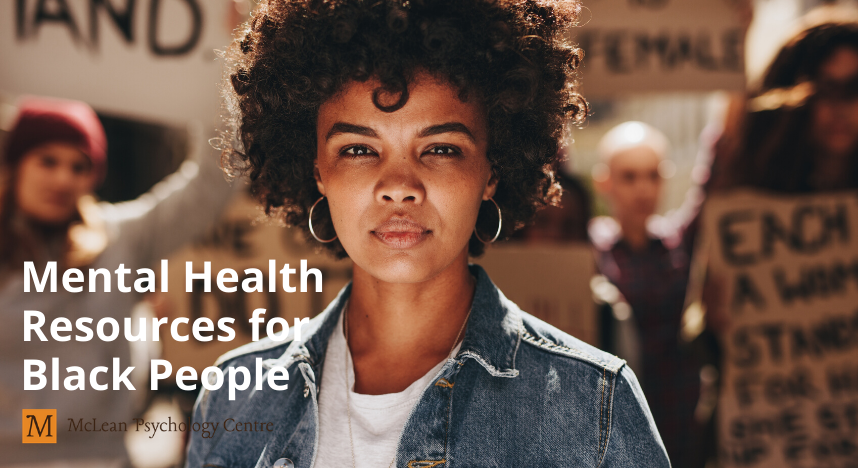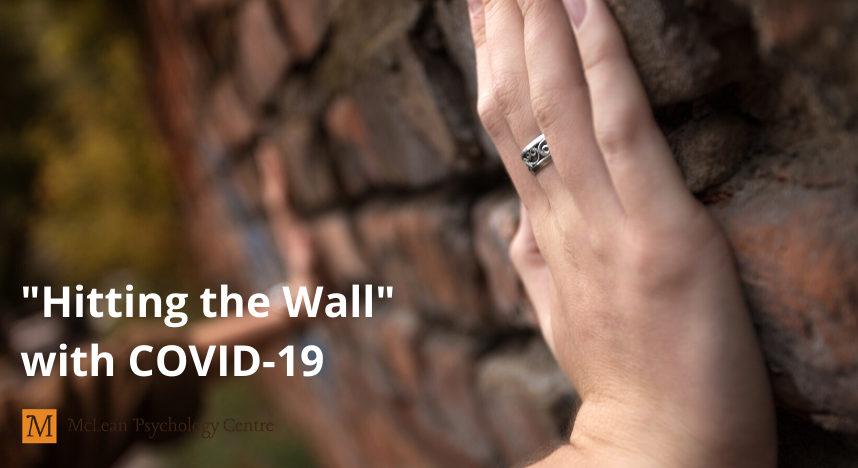Psychological issues, such as anxiety and depression, are generally considered to be conditions of the mind. Psychologists and psychiatrists have been trained to treat the mind, but in recent years they have begun to look at the role the body plays in mental health recovery.
With the incidence of mental health issues in Canadians at one in five people (according to the Canadian Mental Health Association), looking at diet and exercise as additional tools in both treatment and prevention when tackling depression, anxiety, bipolar disorder, and a number of additional issues is simply a good idea.
The modern diet is significantly different than that of our ancestors, but we don’t need to go that far back to see the difference. The diet of those currently in middle age is less nutrient rich and has less whole foods than the diet of their grandparents.
A recent study of teens showed that those with “low-quality” diets (also referred to as the “Western diet”) were twice as likely to develop attention-deficit disorder (ADD) and about 80% more likely to develop depression than those who ate whole-food, higher-quality diets.
Food is not only fuel for the body, but also for the mind. Healthy foods help the brain develop by providing essential nutrients. These healthy foods also have the ability to help your brain create better connections between cells, and they can help to create good flora in your gut, which can increase the B-vitamin levels your brain loves.
If eating better can help you feel better, then what are good foods to add to your diet to get started?
- Foods high on Omega-3s: Walnuts, salmon, whole grains, and seeds are high in Omega-3 fatty acids – and those Omega-3s are amazing for brain health. Chow down on a salad with seeds and nuts, eat an apple with almond butter on it, have a salmon fillet with dill and lemon, or make sure your sandwiches are on whole grain breads to get a great dose of this good stuff every day.
- Foods high in antioxidants: Berries, apples, green tea, and dark chocolate are all very high in antioxidants, which help repair cells and restore function. Whether you are adding some berries to your morning oatmeal, having an apple as a snack, drinking green tea instead of a coffee, or having a small amount of dark chocolate for dessert, you’ll be doing your brain good.
- Avocados: Avocados are little miracle foods. They not only contain a huge amount of good fats your brain and body need to survive, they also contain a large amount of vitamin-B, vitamin-K, vitamin-C, and vitamin-E. So load up on the guacamole, put them on whole-grain toast with salt and pepper, or try them on your burgers, but get some of these delicious green foods into your diet STAT.
- Dark leafy greens: Foods such as spinach, romaine lettuce, broccoli, and brussel sprouts are very high sources of vitamin A, C, E, and K – all of which have a positive effect on your immune system.
Of course, even with evidence mounting that a healthy diet can help to keep depression and anxiety at bay and assist in the recovery of those with mental health issues, it is not a catch-all cure; diet, exercise, and therapy with a psychologist work together to create a healthy you.
If you are experiencing problems with mental health, McLean Psychology Centre can help. Booking a consultation is the first step.







